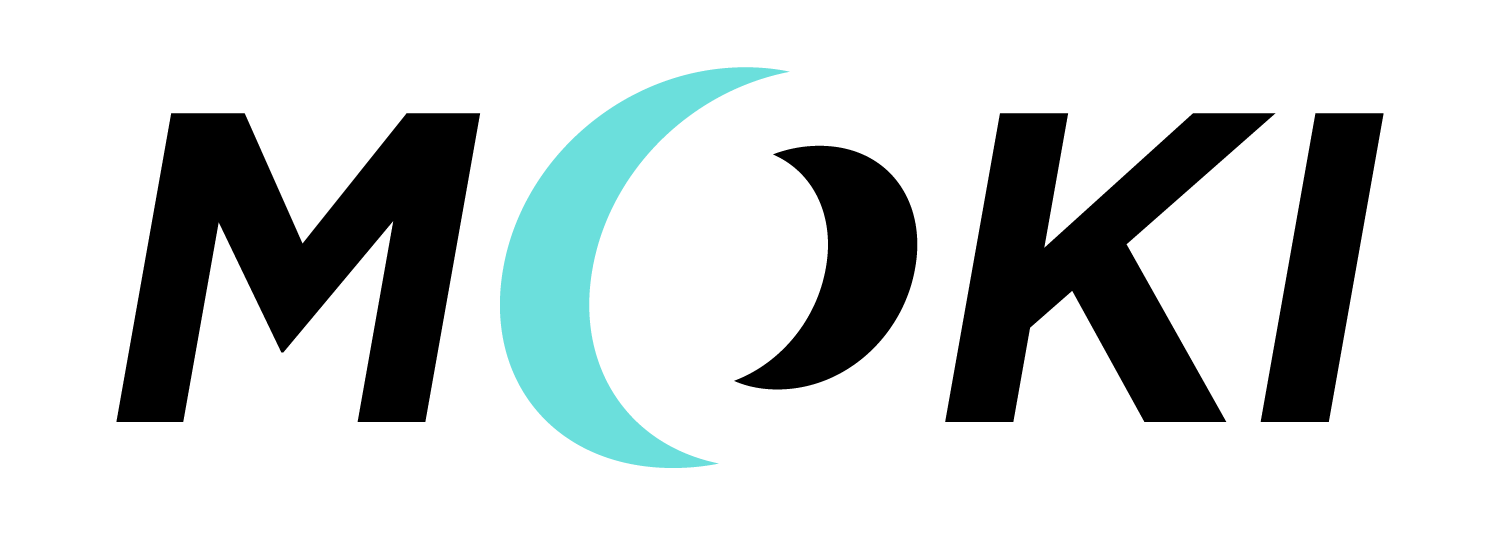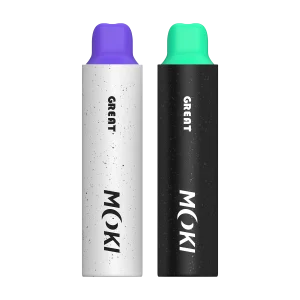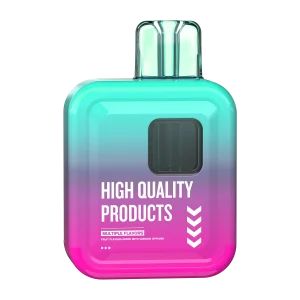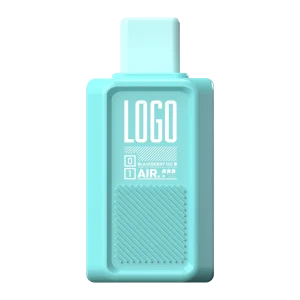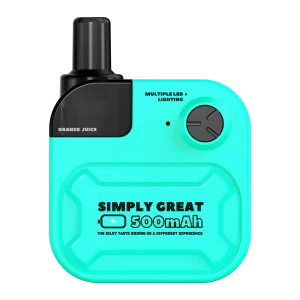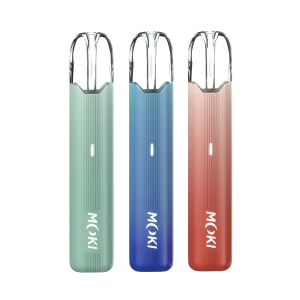MOKI Tech has observed that President-elect Donald Trump has nominated Robert F. Kennedy II for the position of Secretary of Health and Human Services, pending congressional approval. As Kennedy’s stance on vapes and nicotine remains unclear, the potential impact on the nicotine market and Tobacco Harm Reduction (THR) policies is uncertain, adding to the ambiguity of future THR directions. As the Secretary, Kennedy would oversee the FDA, which regulates vapes, nicotine pouches, and other nicotine and tobacco products through the Center for Tobacco Products (CTP). The CTP is known for its strict and often cumbersome regulatory processes, drawing much criticism.
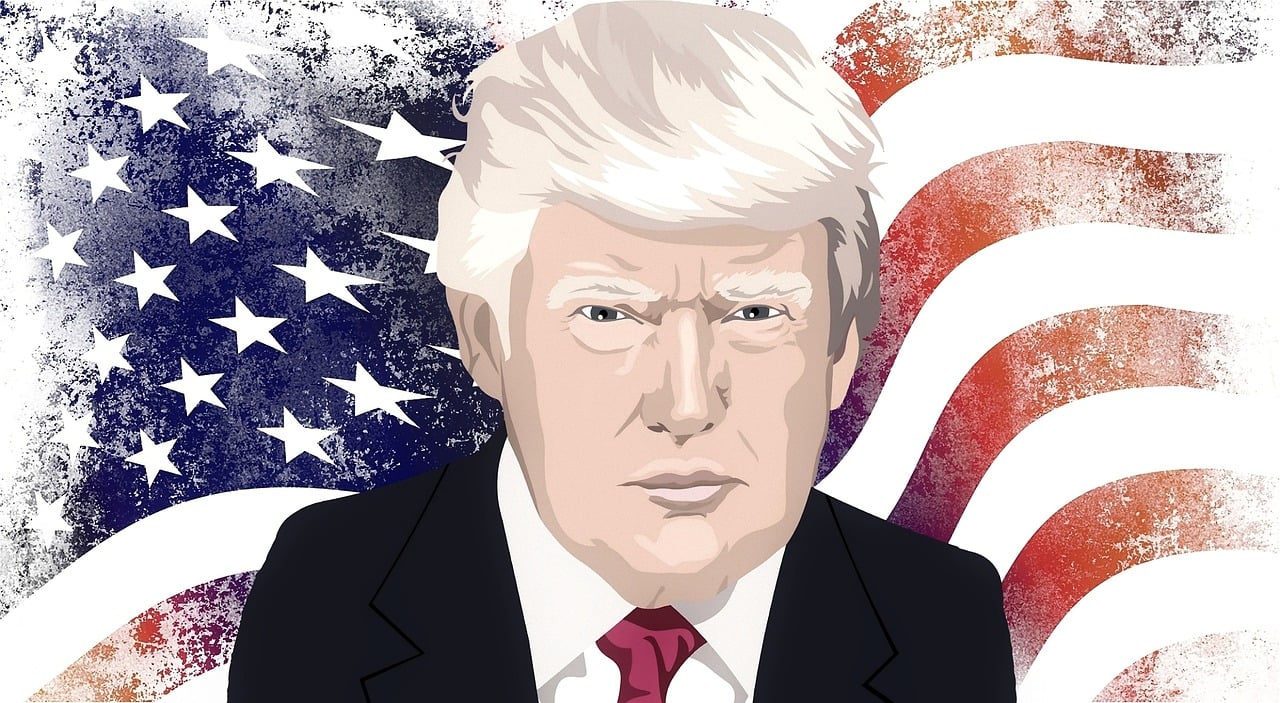
Barnaby Page, Editor-in-Chief at ECigIntelligence, a leading data analytics firm in the tobacco alternatives industry, suggests that the involvement of someone like Kennedy, who advocates for significant health institution reforms, could bring unexpected changes and collateral impacts on nicotine regulation.
Meanwhile, Trump has emphasized the government’s commitment to public health, identifying harmful substances such as chemicals, pollutants, and food additives as the main culprits in national health crises. However, he has also highlighted his positive stance on vaping products, emphasizing his efforts in 2019 to protect adult-flavored vapes while raising the legal age to 21 to protect minors. During his campaign, Trump promised to “save vaping” and criticized the Biden administration’s stricter regulatory approach, correctly highlighting the threat to small businesses.
In his first term, Trump also proposed transferring tobacco regulation from the FDA to a specialized agency under the Department of Health and Human Services to simplify regulation and reduce regulatory challenges faced by the industry. With his re-election, this idea might resurface. Page believes that under Trump’s renewed tenure, there could be a shift in the regulatory landscape for US tobacco and nicotine products, although specific changes for new nicotine products are unlikely in the short term.
Overall, due to Trump’s general aversion to bureaucracy and the federal civil service system, a broader trend of deregulation is expected. While this may alleviate industry pressure, public health advocates worry that it could weaken protections, especially for youth and vulnerable groups. The politicization of key agencies like the FDA could lead to streamlined processes and relaxed standards for nicotine products. However, this shift could backfire, as future administrations might use this control to implement stricter regulations. The Centers for Disease Control and Prevention (CDC) might also see changes, although their direct impact on tobacco regulation is limited.
Meanwhile, Trump may focus on tariffs, especially against China, which could disrupt the supply chain for vape components. This could benefit China vape manufacturers but might increase costs and limit product availability. State and local governments might counter federal deregulation with stricter controls, maintaining robust tobacco control efforts.
Trump’s disdain for bureaucracy is likely to lead to the dismantling of suffocating frameworks.
Tobacco harm reduction expert Clive Bates has detailed criticism of the FDA’s CTP’s handling of tobacco and nicotine regulation on his blog, “Bringing the Flamethrower for FDA’s CTP Reform.” Bates calls it expensive and inefficient, arguing that the CTP’s practices stifle innovation, favor large companies, and neglect public health progress by hindering access to low-risk nicotine products like vapes.
In line with Trump’s views, he correctly reiterates that the US regulatory system hinders the development of small businesses with potentially beneficial products, creating an oligopoly market that favors traditional cigarettes and fuels the growth of the illegal vaporizer market. Meanwhile, Bates seems positive about Trump’s appointment of well-known entrepreneurs Elon Musk and Vivek Ramaswamy to lead a new advisory body called the Department of Government Efficiency (DOGE). Although not an official government agency, it is expected to work closely with the Office of Management and Budget (OMB), the White House department responsible for streamlining federal operations and optimizing budget efficiency.
Reports suggest that Musk and Ramaswamy will provide strategic advice to the OMB aimed at modernizing and increasing efficiency across federal departments. This move indicates their commitment to reassessing long-standing bureaucratic practices and potentially reshaping regulatory approaches. Given their shared backgrounds in technology, innovation, and market disruption, both appointees possess an agility, cost-effectiveness, and consumer-centric mindset—qualities often inconsistent with traditional government structures.
Bates hopes this development is significant, especially for the CTP, which is responsible for the costly Premarket Tobacco Application (PMTA) requirements, drawing complaints from public health experts and industry leaders. Critics argue that these regulations stifle innovation in low-risk nicotine products, limit consumer choices, and inadvertently promote black market sales.
With Musk and Ramaswamy now in a position to influence federal efficiency initiatives, meaningful reforms within the CTP’s regulatory framework are likely. By advocating for simplified processes and a more risk-proportionate approach to tobacco and nicotine regulation, DOGE can drive reforms to enhance consumer safety and market accessibility. For those committed to reducing tobacco harm, this advisory appointment could mark a turning point towards a more balanced and transparent regulatory landscape.
